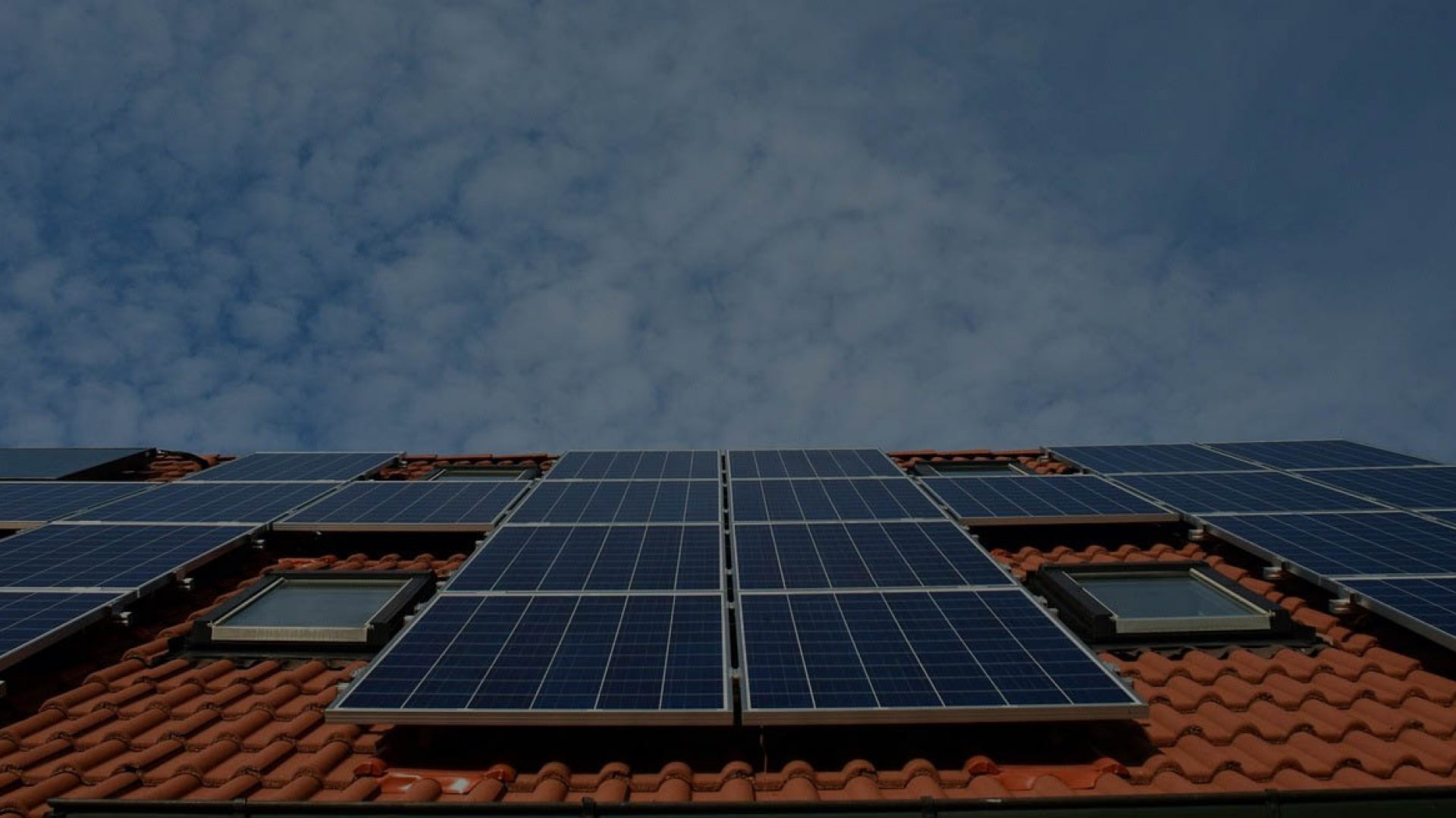As the world prioritizes sustainability and energy efficiency, individuals seek innovative ways to reduce their carbon footprint and lower utility costs. Solar energy has also emerged as a promising solution for powering homes and niche applications such as heating swimming pools.
In this article, we’ll delve into whether solar pool heaters are worth the investment, considering economic and environmental aspects.
The Economics of Solar Pool Heaters

Solar pool heating offers a cost-effective solution to heating your pool, although the initial expense might raise concerns. Traditional electric or gas heaters are more budget-friendly, yet taking the long view reveals a different story. The U.S. Department of Energy (DOE)suggests that solar pool heating systems typically recoup their costs within one and a half to seven years. It should be contingent on climate, pool usage, and local energy expenses.
Installing a solar pool heater involves upfront charges for solar panels, installation, and related components such as pumps and controls. However, once installed, solar heaters boast minimal operational and maintenance costs compared to conventional heaters. The DOE emphasizes that a well-maintained solar pool heater can substantially cut or eliminate monthly heating expenses.
In addition, various incentives, rebates, and tax credits can offset initial outlays even more. Numerous governmental bodies and local administrations provide financial inducements. They encourage the adoption of renewable energy systems, encompassing solar pool heaters. These incentives can significantly reduce the overall installation cost, rendering solar pool heaters a more economically feasible option.
Environmental Benefits of Solar Pool Heaters
Beyond the economic considerations, the environmental benefits of solar pool heaters are substantial. Unlike gas or electric heaters, a solar pool heater relies on the sun’s energy, a renewable and clean source. By harnessing solar power to heat your pool, you reduce reliance on fossil fuels and decrease greenhouse gas emissions.
According to the Environmental Protection Agency (EPA), traditional pool heaters contribute to carbon dioxide emissions and air pollution. In contrast, a solar pool heater produces virtually no emissions during operation. This reduction in pollution plays a crucial role in mitigating the impacts of climate change and improving air quality.
Additionally, utilizing solar energy can have a positive impact on local ecosystems. Traditional heating methods, such as gas heaters, consume finite resources and release pollutants into the environment. Solar pool heaters, on the other hand, generate heat without depleting natural resources or harming ecosystems.
Factors to Consider
While solar pool heaters offer numerous benefits, there are some factors to consider before making the decision:
Climate and Sun Exposure
The success of a solar pool heating system links to the climate and sun exposure in your area. Places blessed with abundant, year-round sunlight, such as sunbelt regions, are prime candidates for reaping the full benefits of solar pool heaters. The continuous influx of sun enables the solar system to operate optimally, efficiently converting solar energy into heat for your swimming pool.
Nevertheless, it’s worth noting that solar pool heaters work beyond just sun-soaked locales. Even in regions with less consistent sunlight, these systems can still help in your pool’s temperature regulation. A solar pool heater can function effectively by harnessing sunlight, even on cloudier days. While the heating capacity might not match that of sunnier regions, you can expect a noticeable increase in your pool’s warmth, extending the swimming season.
Integrating a solar pool heating system aligns with a broader commitment to sustainable energy solutions, regardless of your area’s sun exposure. By tapping into the renewable energy offered by the sun, you can reduce your reliance on non-renewable resources while enjoying a comfortable swimming pool. Whether your location boasts perpetual sunshine or occasional clouds, solar pool heaters can enhance your swimming experience, highlighting their versatility and value.
Installation and Space
Solar pool heating systems demand ample space to accommodate the placement of solar panels. These panels capture sunlight and convert it into usable heat for your pool. The more panels you can install, the more efficiently your solar system will operate. Besides, this efficiency becomes crucial in colder climates or larger pools, where greater heating capacity is necessary.
Several factors influence the specific dimensions of your solar pool heater. Firstly, the size of your swimming pool matters; larger pools typically require more panels to heat the water adequately. Secondly, the desired water temperature plays a role; hotter temperatures necessitate more energy, which translates to additional solar panels.
The initial investment in space and solar panels is indeed a consideration. However, the long-term benefits of reduced utility bills and the environmental value of using solar heating often outweigh this concern. The space required for a solar pool heating system might impact your installation decisions. Furthermore, it affects the overall worth of solar heating, both in terms of energy savings and ecological impact, and remains a compelling reason to embrace this renewable solution.
Upfront Cost
The upfront cost consideration accompanies the decision to invest in solar pool heating. Again, the long-term savings from reduced energy bills and the environmental benefits of adopting solar heating systems are significant. The initial financial outlay can be some individuals’ deterrent.
The upfront cost includes expenses related to purchasing and installing the necessary components of a solar heating system, such as solar panels, pumps, controls, and installation services. This initial investment can vary based on factors like the size of your pool and the complexity of the installation. It’s crucial to conduct thorough research and gather cost estimates from reputable suppliers or installers. You gain a clear understanding of the total expense.
However, it’s important to note that the value of solar pool heating extends beyond the immediate financial considerations. By utilizing renewable solar energy to heat your pool, you contribute to reducing greenhouse gas emissions and promoting sustainability. Many regions offer incentives, rebates, and tax credits to offset the upfront costs to make solar heating systems more accessible and attractive. These financial incentives can significantly lower the initial investment and make solar pool heating a more financially viable and environmentally responsible choice.
The initial upfront cost may require careful planning and consideration. Fortunately, the long-term benefits of solar pool heating, both in terms of energy savings and the positive environmental impact, make the investment worthwhile.
Maintenance

It is crucial to consider maintenance when evaluating the investment in solar pool heating. While these systems are renowned for their durability and efficiency, regular upkeep is essential to ensure consistent and optimal performance.
Solar pool heaters boast relatively low maintenance requirements compared to conventional pool heaters. Nonetheless, periodic check-ups are indispensable to guarantee their efficient operation. Regular inspections of components like pumps, filters, and solar panels are necessary to prevent potential issues and extend the system’s lifespan.
Pumps are crucial in circulating water through the solar panels to be heated. Ensuring their functionality is essential for effective heat transfer. On the other hand, filters prevent debris from accumulating in the system, which could hinder its efficiency. Regular cleaning of these components enhances their efficiency and minimizes the risk of breakdowns.
Solar panels are the heart of the solar pool heater, absorbing sunlight and converting it into heat for the pool. Keeping them clean and free from obstructions is vital for optimal energy absorption. Regular cleaning of panels helps maintain their efficiency and ensures maximum heat transfer. While maintenance is a consideration, it’s important to note that the upkeep requirements for a solar pool heater are generally manageable. They help when weighed against the benefits they provide.
Backup Heating
While solar pool heating is undoubtedly worth considering, relying solely on it might not be practical in all scenarios. The efficiency of pool heaters can be compromised during extended periods of cloudy weather. It’s wise to have a backup heating source in place, especially if your pool serves as a significant recreational or therapeutic space.
Backup heating ensures you can maintain the desired pool temperature. It includes even when adverse weather conditions hinder solar heating. Conventional pool heaters, like gas or electric ones, can bridge the gap and provide consistent warmth. It is especially crucial if you depend on your pool for relaxation, exercise, or therapy, as sudden drops in temperature can deter usage and negate the benefits of solar pool heating.
Conclusion
A solar pool heater is a compelling option for energy-efficient and environmentally friendly solutions. With a relatively short payback period, potential long-term savings, and significant environmental benefits, they are worth considering for pool owners. By utilizing the sun’s abundant energy, individuals can reduce their carbon footprint, lower utility bills, and contribute to a cleaner, more sustainable future. Before deciding, it’s advisable to consult with experts and explore local incentives to determine the viability of solar pool heaters in your specific circumstances.

